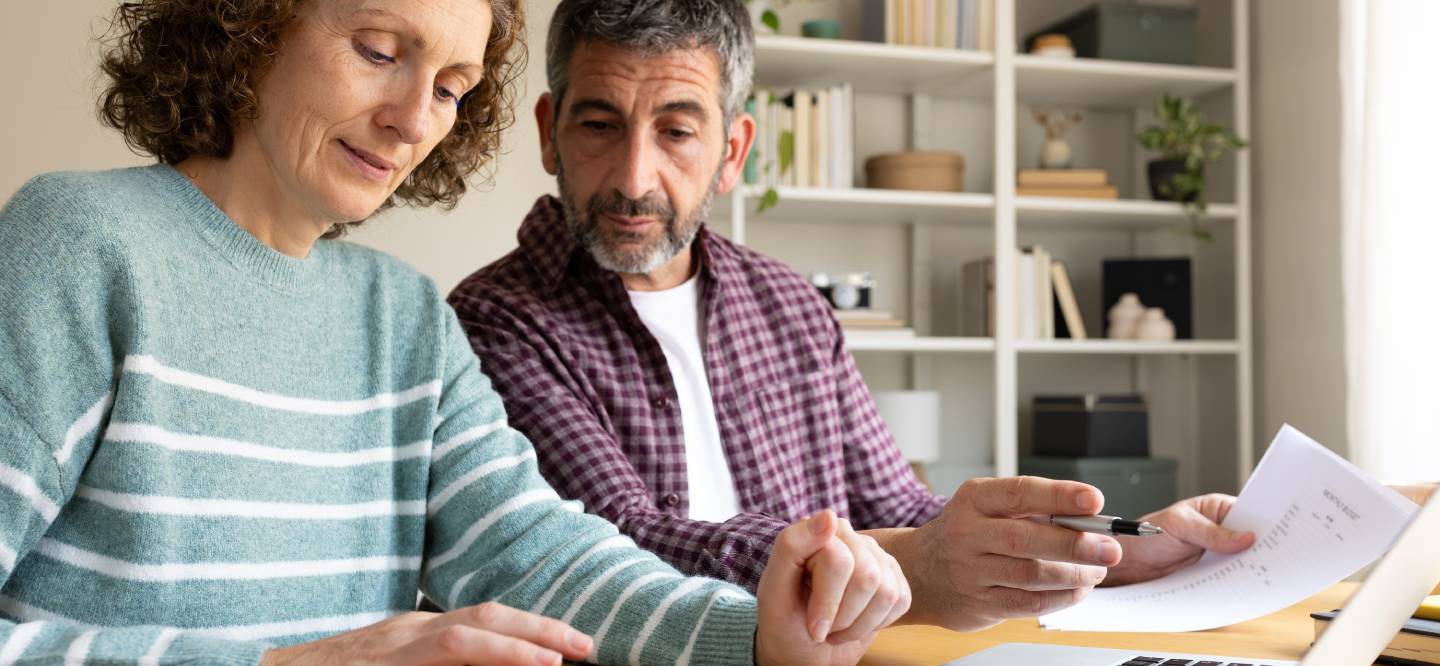Latest articles

What I wish I’d known before becoming an executor
Discover practical tips from someone who has done the job twice.
.jpg)
8 common neighbour disputes and how to solve them
Use these tips to avoid conflict and stay on good terms.

What you need to know about tax on savings interest
Learn how HMRC collects what you owe and when you must report savings income.

Five financial jobs you should do in February
Make the most of February with key actions that could improve your finances before the new tax year begins.

Make your savings work harder in 2026
Start the year positively with a savings account that offers a great rate – without the gimmicks.

How pensions are taxed – and expert tips to lower your bill
Find out how your state and private pension income is taxed and what you can do to cut your bill.

Saga Mortgages
Provided by Tembo
Find out all you want to know about mortgages with expert advice.
Saving and investing
Get smarter with our savings and investment articles
Saga Easy Access Savings Account

Saga Easy Access Savings Account
Get your money moving with our great rate.
- 4.00% AER / 3.93% gross p.a (variable).
- Includes a bonus of 1.25% AER (fixed) for 12 months and an underlying rate of 2.75% AER p.a. (variable).
In partnership with NatWest. Interest paid monthly. Available to UK residents 18+ only.




.jpg?la=en&h=354&w=616&hash=45308A49847631A160FBFBF97F170540)







.jpg?la=en&h=476&w=1440&hash=837FB8339853DB5FFD43C9EE0EE78EDB)


















